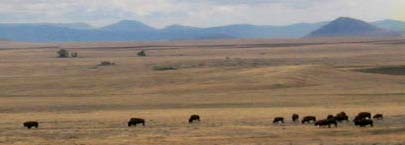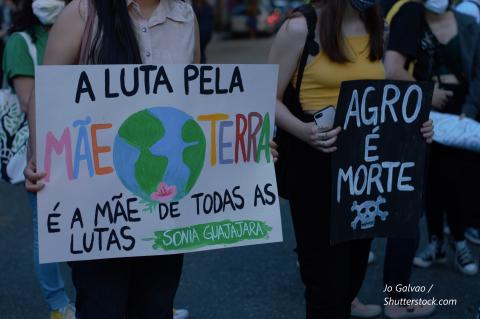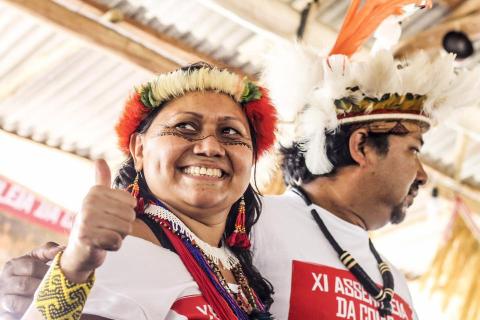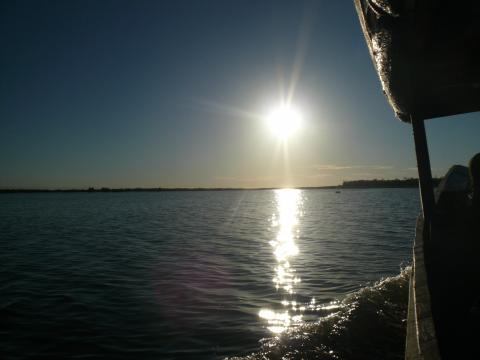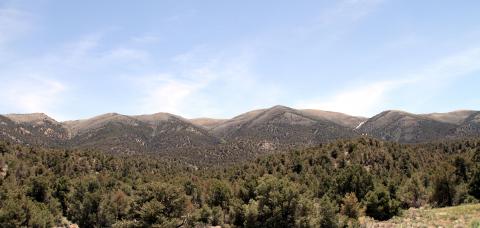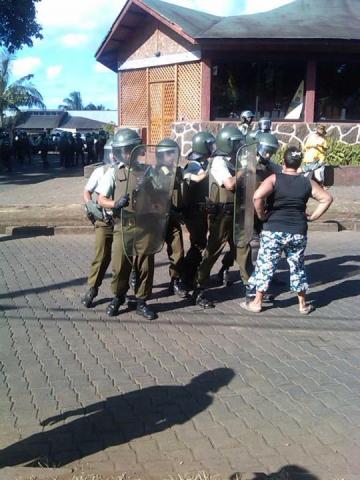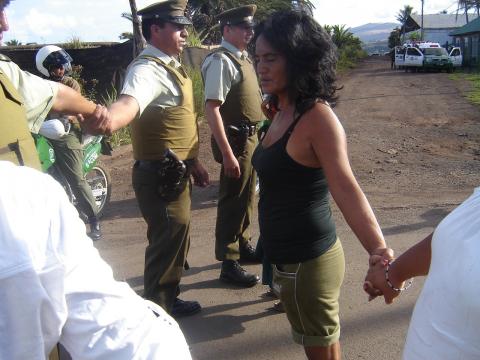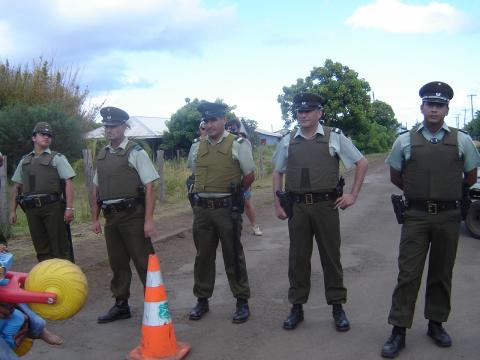You are here
Land Rights
Horrific story told again in Peru
An OpEd published in "Indian Country Today"
Resources:
Indian Rights and the Environment
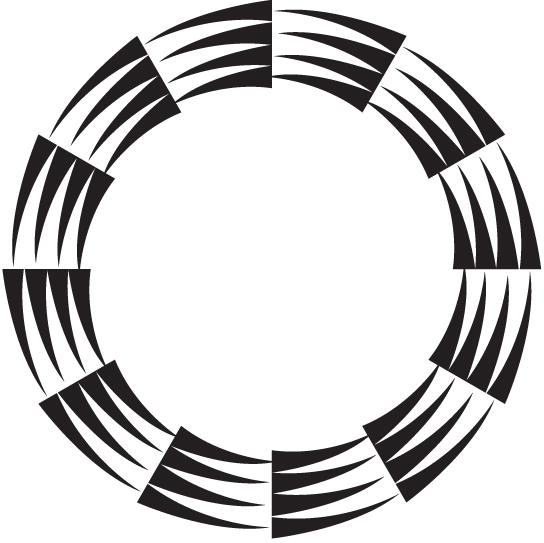
Published by the Yale Journal of International Law. Winter 1993, Volume 18, Number 1
Resources:
Program:
President Biden: use the force of American diplomacy to end Bolsonaro's attacks on indigenous peoples and the Brazilian Amazon
The Center and COIAB (Coordination of Indigenous Organizations in the Brazilian Amazon) sent a letter to President Biden this week, alerting the administration to the increase in human rights violations against indigenous peoples in Brazil and urging the United States to prioritize the protection of indigenous peoples and the Amazon rainforest in U.S. foreign policy. The United States is in a unique position to demonstrate its commitment to fighting climate change and protecting indigenous rights through its actions and policies dealing with the government of Brazil.
Land of the Brave – A Western Shoshone Documentary
The Indian Law Resource Center is pleased to support LAND OF THE BRAVE - Broken Treaty III, a sequel to the acclaimed BROKEN TREATY AT BATTLE MOUNTAIN and TO PROTECT MOTHER EARTH. LAND OF THE BRAVE, the third and final film of the Western Shoshone Trilogy, documents Western Shoshone life and survival over the past 20 years and their fight to protect their land and way of life.
SCOTUS upholds tribal hunting rights in Herrera v. Wyoming
Center Helps Prepare Indigenous Leaders in Brazil for Future Policy Work
One of the largest indigenous organizations in South America, Coordinator of Indigenous Organizations from the Brazilian Amazon (COIAB), has for the first time in its history, elected an indigenous woman to serve in its top post.
Implementing the UNDRIP will save lives
Death Valley tribe appeals vote on new constitution
Disputes Over Rapa Nui Sacred Sites Lead To More Violence
December 30, 2010 -- Violence on Rapa Nui Island, also known as "Easter Island," continues to escalate.
Commentary: Seeking A Peaceful Solution for the Rapa Nui Nation
December 15, 2010 -- Wiggings asks for help to put international pressure on the Government of Chile to resolve the conflict peacefully through the Inter-American system. American Indian leaders, community leaders and individuals concerned about the violation of collective human rights should contact Chilean authorities, and also ask the White House and the State Department to take a stand against these violent evictions.
Footage from the December evictions on Rapa Nui
Environmental Protection
Our work with Indian peoples has for years drawn connections between indigenous land rights, environmental protection and human rights. In most indigenous cultures, separating these issues makes no sense. Our Mission Statement points out the intersection of these threats to indigenous peoples: "Indian nations and tribes and other indigenous communities throughout the world are afflicted by poverty, poor health and discrimination. When indigenous peoples are deprived of their ways of life and their ties to the earth, they suffer, and many have disappeared completely."
Program:
Mohawk Land Rights
The Indian Law Resource Center has been working for over 30 years to help the Mohawk Nation reclaim thousands of acres of land that is rightfully theirs.
Mexico and Central and South America
Indian and other Native nations and communities have long used international law, especially human rights law, to challenge the discrimination and injustice that affect them. International human rights offer some real hope for overcoming the severe unfairness of the laws and policies in many countries.
Implementing the UN Declaration & Changing Federal Law
Changing the unjust and unworkable legal framework applied to Native tribes is the core of our work in the United States. Indian and Alaska Native nations live under a system of federal law that is unconstitutional, obsolete, and so deeply flawed that it makes it all but impossible for Native nations to improve their economic and social conditions.
Program:
Indigenous People Protecting Land from Extraction

The Missoulian. Over the years, and even in the present day, indigenous communities world wide struggle to protect their lands and resources from extractive transnational companies.
Resources:
Program:
Innu Vow Fight Over Eviction, But Discard Threats to Burn Cabins

Article by Marianne White and Ken Meaney, published in the Montreal Gazette.
Resources:
Program:
Premier’s Response to Quebec Innu is Unacceptable: NDP Leader
Newfoundland Orders Innu Families to Leave

Published in the Toronto-based Globe & Mail.
Resources:
Program:
Using International Human Rights Mechanisms to Promote and Protect Rights of Indian Nations and Tribes in the United States
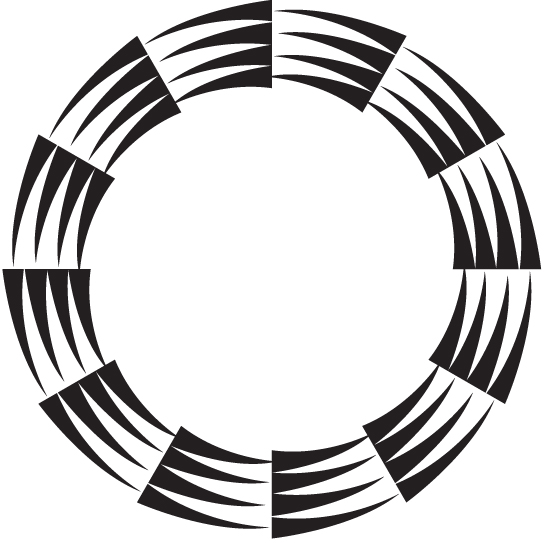
By Robert T. Coulter, Executive Director, Indian Law Resource Center. Revised and updated by Lucy R. Simpson Staff Attorney, Indian Law Resource Center.
Gros Ventre Tribe et al v. United States et al Reply Brief
